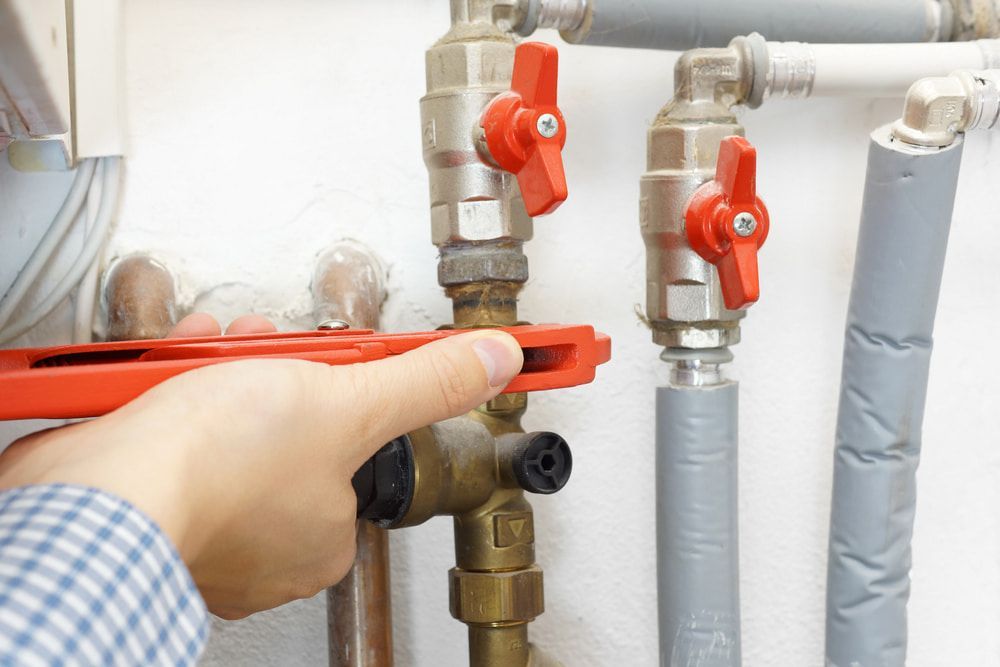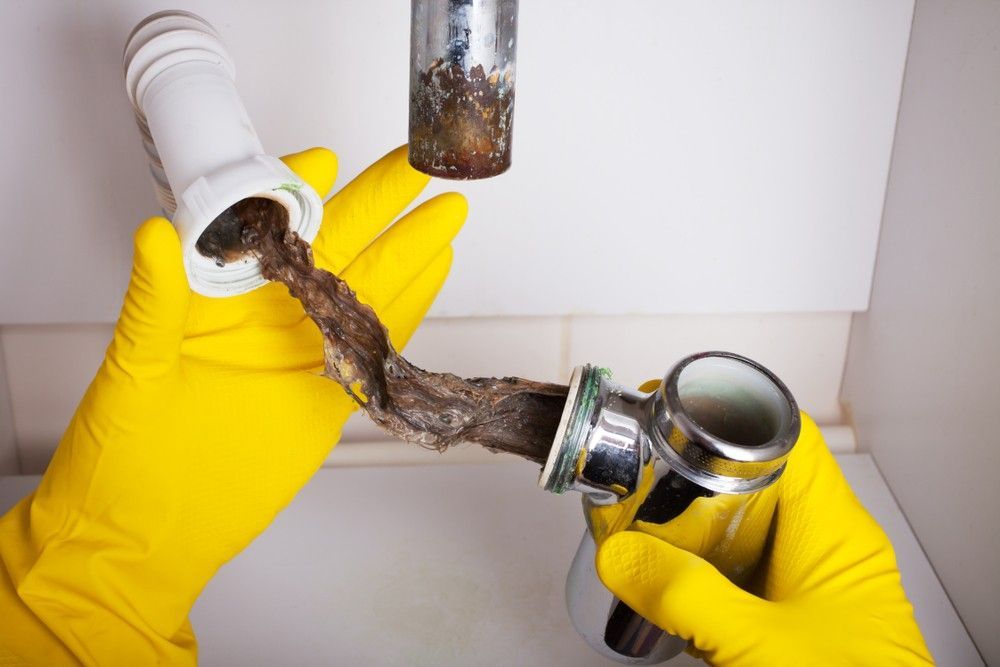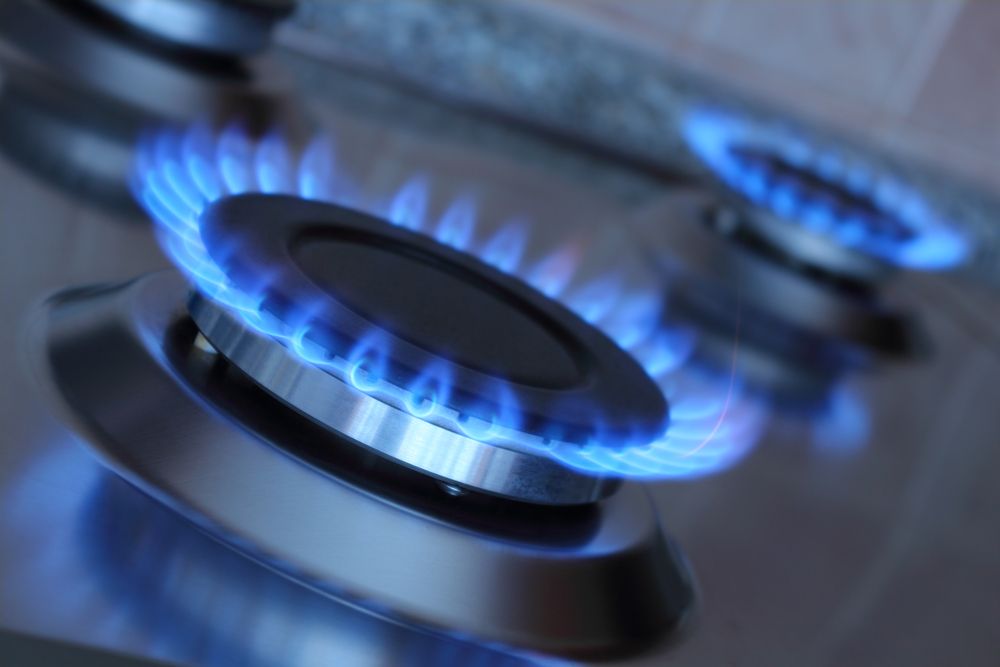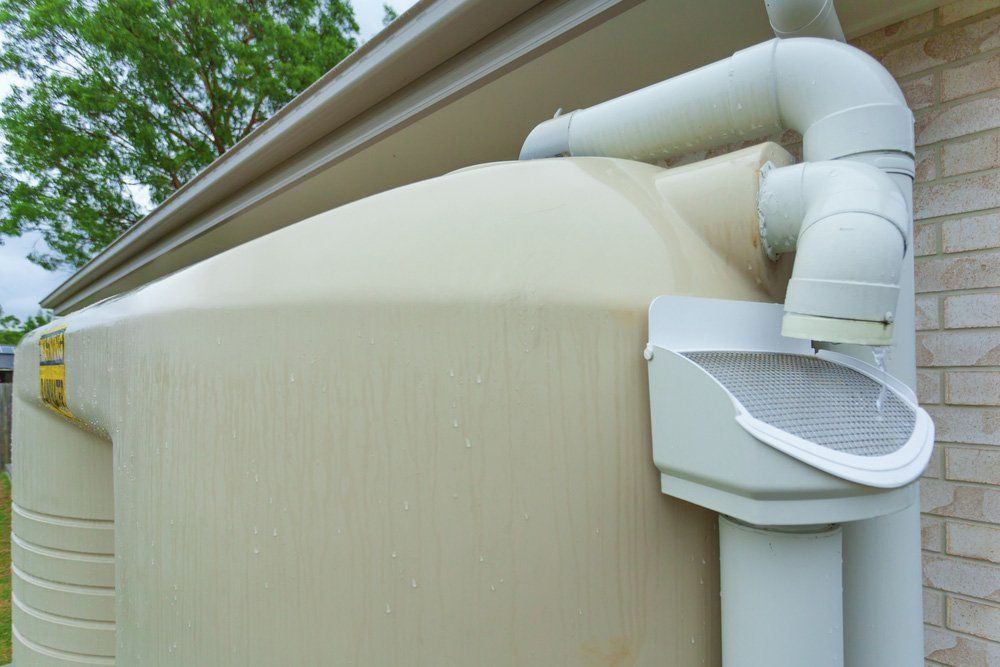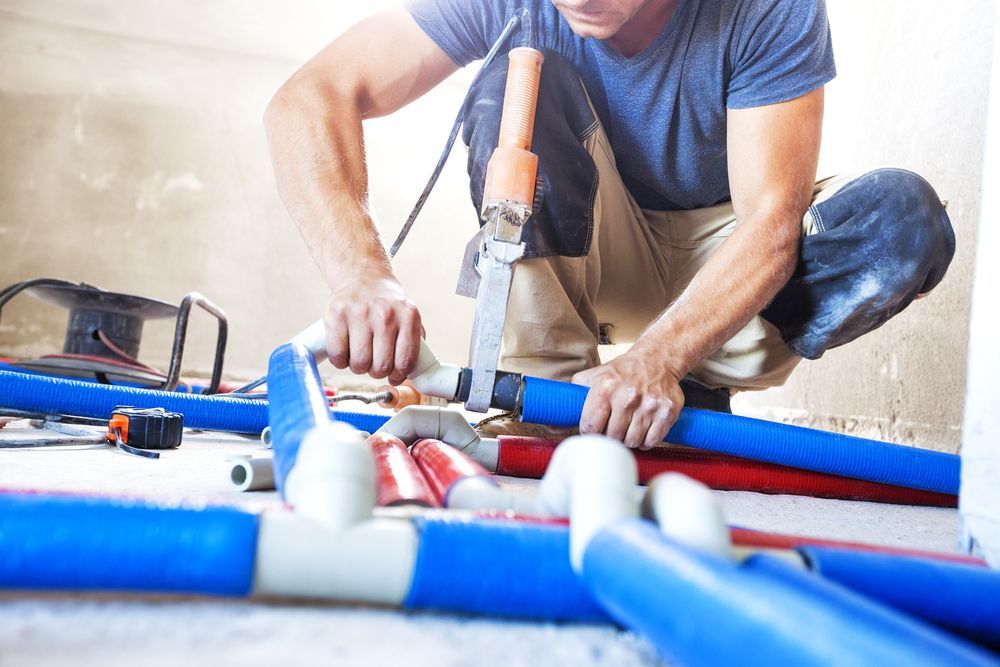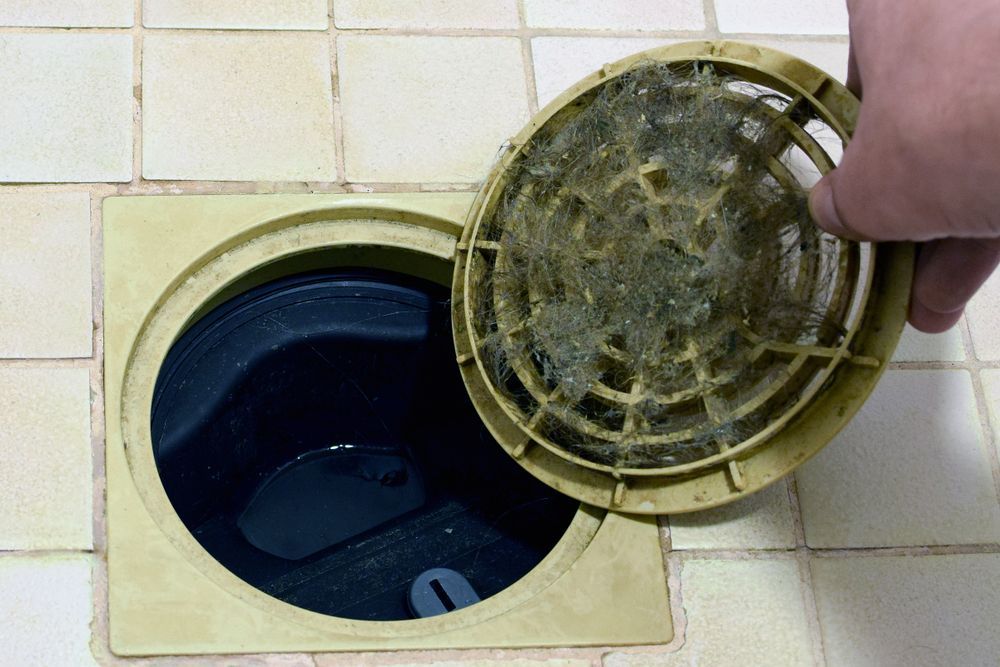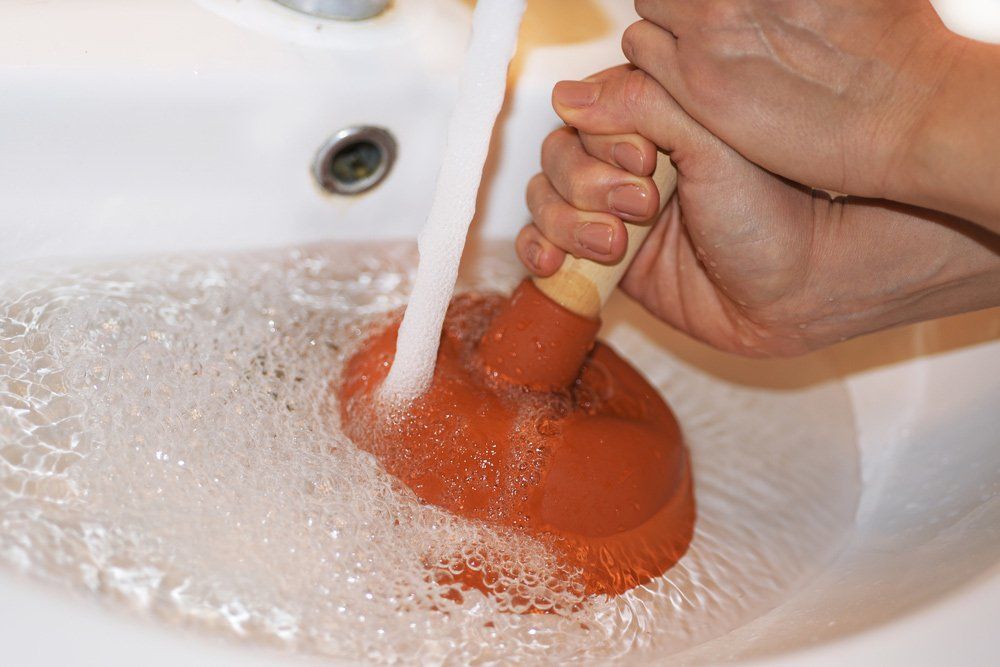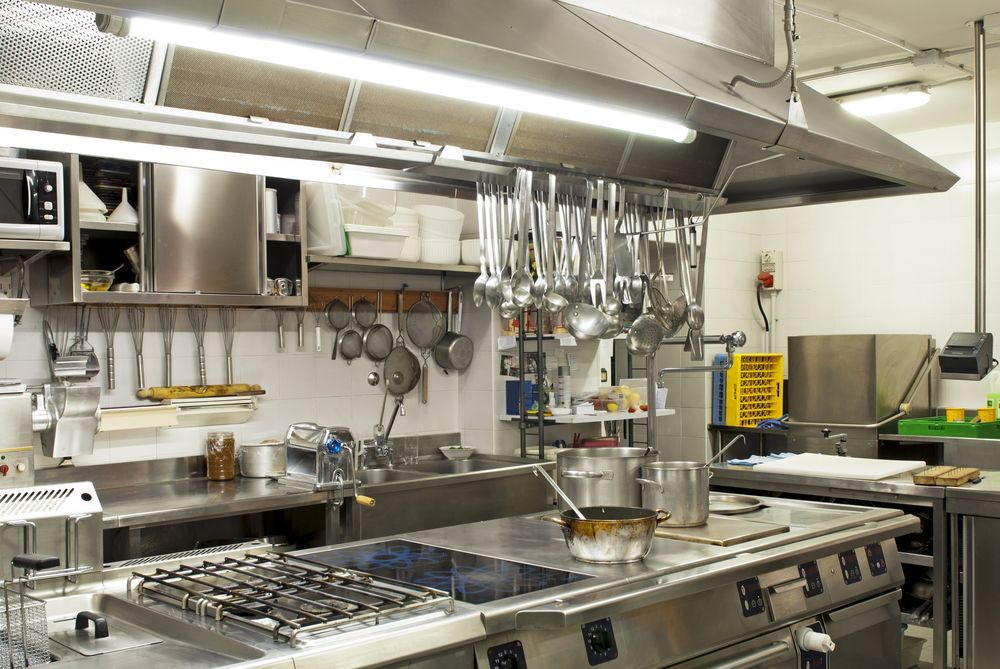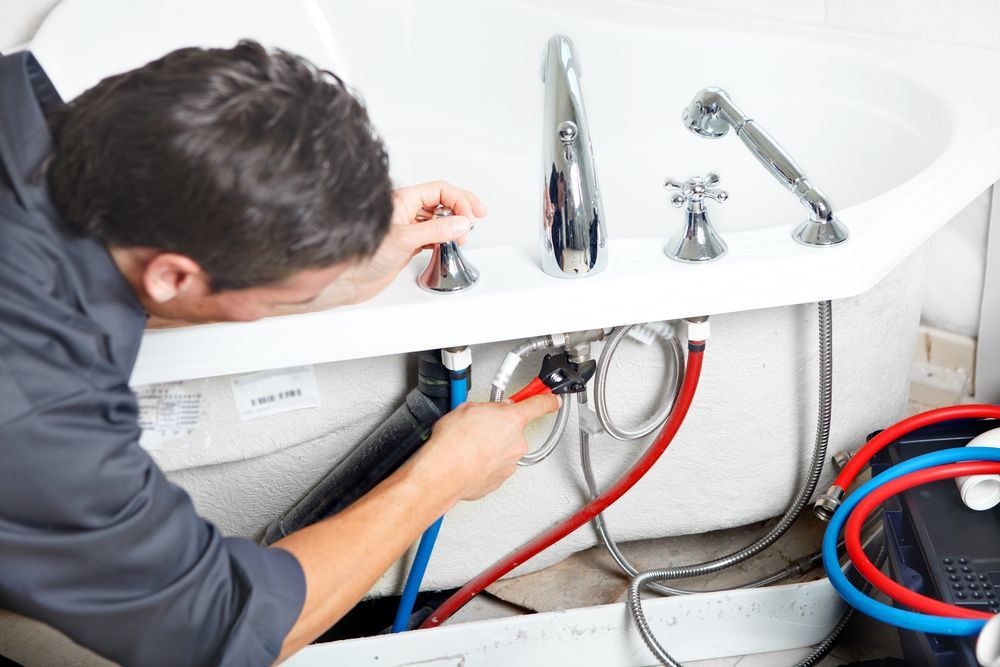6 Reasons Your Hot Water System Needs Work
Your hot water system is one of the most relied-on features in your home. From your morning shower to cleaning the dishes, it's essential for daily comfort and convenience. Yet, like any complex appliance, it's not immune to issues. Identifying when you need professional hot water system services can help prevent inconvenient breakdowns and avoid long-term damage. Not only does it ensure the system runs efficiently, but it also protects your household from safety hazards and unexpected costs.
Hot water systems typically show signs before a serious fault develops. Rising power bills, discoloured water and strange noises are all early warnings. Taking action at the first sign of trouble could save you from larger problems. It's also worth noting that, according to QBE, water damage incidents account for nearly 24% of all home insurance claims. This fact alone makes a strong case for keeping your system in top condition with regular hot water system services.
Let's explore six of the most common reasons your hot water system might need work, and why addressing them early is in your best interest.
1. Notice Decreased Efficiency
Reduced efficiency is a major indicator that your hot water system needs attention. If your energy bills are creeping up without any increase in usage, the system may be working harder than necessary to heat water. This overexertion wastes energy and places strain on internal components.
Older systems are particularly prone to this. With time, sediment builds up inside the tank, creating a barrier between the heating element and the water. The result? Heating times are longer, and more energy is used. One of the most effective ways to maintain your system's performance is to book regular hot water system services that include flushing the tank and inspecting components.
Delaying this maintenance can lead to premature wear or total system failure. When your system is running inefficiently, you're not only wasting money—you're risking further damage. Staying on top of these signs ensures your home remains energy-efficient and your system stays in good health.
2. Address Reduced Water Pressure
If you've noticed weaker flow at your taps or showerhead, your hot water system could be the culprit. Mineral deposits and debris often collect in pipes, particularly in areas with hard water. These build-ups restrict water flow, decreasing pressure and affecting your everyday routines.
Valve malfunctions are another issue that can impact pressure. A partially closed or faulty valve won't allow water to flow freely, and this can create a frustrating trickle instead of a steady stream. If ignored, pressure issues can result in internal damage that's more costly to repair. This is where routine hot water system services come in handy, ensuring valves, pipes and other key parts are working as they should.
It's also vital to check for leaks, as these can significantly reduce pressure. Leaks not only waste water but may also cause structural damage over time. Since water damage is responsible for a significant portion of home insurance claims, catching and repairing leaks early is essential.
3. Prevent Frequent Breakdowns
If your hot water system keeps failing, it's not something to brush off. Repeated issues are a sign of underlying faults that, if left unresolved, could lead to full system failure. Lack of maintenance is often to blame, as even small problems can snowball into larger ones if not addressed in time.
As systems age, components like thermostats, heating elements and pressure valves begin to deteriorate. This aging makes them more prone to breakdowns under normal use. Booking consistent hot water system services helps detect worn-out parts and replace them before they fail completely.
Another common issue is electrical faults. Loose wiring, faulty connections or power surges can cause your hot water system to stop working abruptly. A licensed technician can check your system's electrical elements and ensure everything is running safely and reliably.
4. Investigate Unusual Noises
Strange sounds coming from your hot water system should never be ignored. Popping, banging or rumbling noises usually mean there's a sediment buildup in the tank. These sediments harden over time, causing the heating element to work harder, which can damage the tank and shorten the system's life.
Other noises like screeching or hissing often point to valve issues or pressure imbalances. If you hear these sounds, it's time to book professional hot water system services. Ignoring these could lead to overheating or water leaks, posing risks to both your comfort and safety.
Clicking or tapping noises might result from the tank expanding and contracting as it heats. While some noise is normal, sudden changes in volume or frequency can suggest that something's wrong. It's best to have a technician take a look before the issue worsens.
5. Identify Water Discolouration
Discoloured water coming from your hot taps is a clear warning sign. Rust-coloured water may indicate corrosion inside your tank or pipes, which can affect water quality and signal imminent failure of parts. Cloudy or milky water, often caused by trapped air or minerals, can also suggest the system needs a professional check.
If your water has a green or blue tint, that may be due to copper corrosion from your plumbing. While this may not always be dangerous, prolonged exposure to corroded water lines isn't good for your health. Having regular hot water system services can help detect and rectify these issues early.
Sometimes discoloured water is accompanied by unpleasant odours. This could mean bacteria are growing inside the system—especially if the smell resembles rotten eggs. If that's the case, cleaning and disinfecting the tank becomes urgent to ensure the safety of your household water supply.
6. Manage Safety Risks
Hot water systems are powerful appliances, and when they malfunction, they pose serious safety risks. Fluctuating water temperatures can lead to scalding, especially for vulnerable users like children and the elderly. Malfunctioning thermostats or overheating elements are common causes.
Leaks present both health and property concerns. Beyond the risk of slipping or mould growth, even small leaks can lead to extensive water damage over time. That's why hot water system services should always include a thorough inspection of all seals and joints.
Gas-powered systems add another layer of risk. A gas leak is a critical issue and can lead to explosions or carbon monoxide poisoning. Electrical systems aren't immune to danger either—worn cables or faulty wiring can cause shocks or fires. Ensuring your hot water system complies with safety standards protects both your home and its occupants.
Your hot water system plays a vital role in your home, and keeping it in top condition is about more than just convenience—it's about safety, savings and peace of mind. From managing water pressure and addressing discolouration to ensuring your system runs efficiently, each point we've discussed is a sign that hot water system services may be needed.
Ignoring these issues can lead to higher power bills, property damage and even health risks. Regular servicing prevents small problems from becoming big ones and ensures you have hot water when you need it most. Remember, water damage is a major contributor to insurance claims, so investing in routine maintenance isn't just wise—it's essential.
For reliable, professional and prompt
hot water system services, reach out to the experts at Nudge's Plumbing. Whether it's a minor repair or a full system replacement, we've got the experience and dedication to keep your hot water flowing safely and efficiently. Don't wait for a breakdown—book your service today and enjoy total peace of mind.
